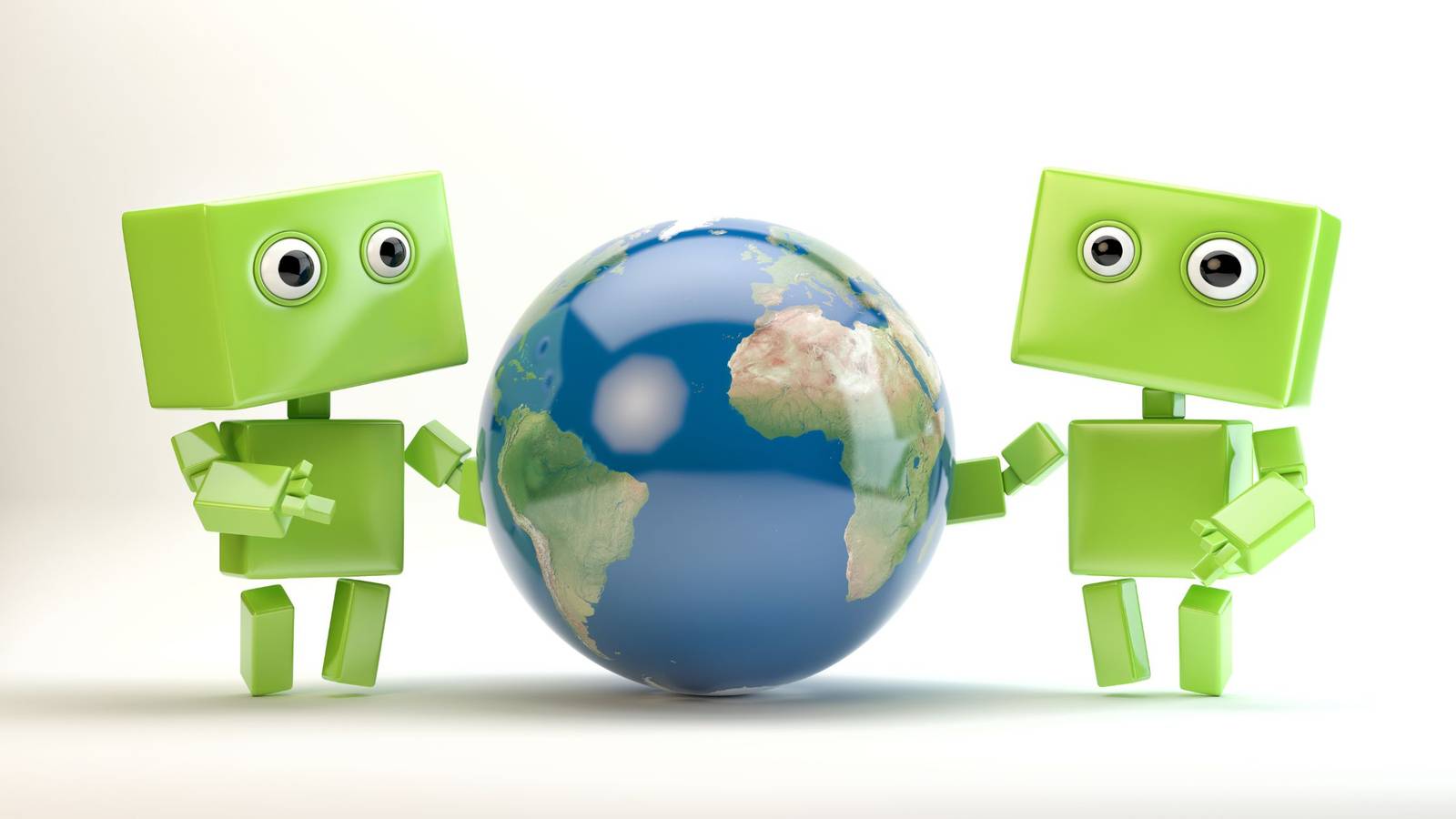
AI and the environment: Can technology help save the planet?
Table of Contents
Introduction
Climate change is one of the most pressing issues facing humanity today. Rising temperatures, melting glaciers, and changes in weather patterns are just a few of the effects of this phenomenon. But can artificial intelligence (AI) play a role in mitigating these impacts?
This article explores the ways in which AI could help save the planet by reducing energy consumption, predicting natural disasters, and improving resource management.
Reducing Energy Consumption
One area where AI could have a significant impact is in reducing global energy consumption. Smart homes and buildings that incorporate machine learning into their design can automatically adjust their energy use according to occupancy levels, time of day or year, as well as weather conditions. This includes controlling heating and cooling systems to match occupants’ preferences while making sure they operate at maximum energy efficiency.
Smart grids are another example of how AI can reduce energy usage by optimizing distribution networks based on real-time demand data with predictive analytics models that anticipate surges or drops in electrical loads across different regions within a power grid – this leads to saving fossil fuels like coal or gas since we need less electricity generated from them.
Predicting Natural Disasters
Natural disasters such as hurricanes, earthquakes or wildfires have devastating effects on human lives and property every year worldwide. Machine learning algorithms can be used to predict natural disasters with greater accuracy than traditional methods; this could allow authorities more time to prepare evacuation plans for affected areas before an emergency happens – significantly reducing casualties.
For example; monitoring seismic activity using sensors combined with predictive analytics makes it possible for seismologists to develop more accurate earthquake forecasts leading up towards an event so people living nearby get timely warnings through SMS alerts about potential dangers ahead allowing them enough time for sheltering themselves safely protecting both life & property.
Improving Resource Management
AI-powered systems also offer opportunities for improved resource management; better environmental practices like sustainable agriculture practices & water conservation techniques coupled with precise crop predictions supplied by intelligent algorithms through IoT sensors connected across farmland with real-time data analysis. This can help farmers manage crops and livestock using data-driven decision-making, reducing waste in food production systems while improving yields at the same time which is crucial for feeding a rising population.
Another example is how AI can support water management by analyzing various data sources to predict droughts or water shortages in different regions worldwide. The technology also helps improve wastewater treatment processes, reducing contamination levels and increasing the efficiency of water recycling systems.
Conclusion
Artificial intelligence (AI) holds enormous potential for advancing environmental sustainability practices across various sectors worldwide. By using machine learning algorithms to reduce energy consumption in buildings or predicting natural disasters more accurately; these technologies could mitigate future environmental challenges faced by humankind. Additionally, precise resource management through AI-powered systems enables food producers and municipalities to optimize their operations resulting in more sustainable agriculture practices & water conservation techniques alike leading towards a cleaner environment for everyone.
While AI’s role in saving the planet is not entirely clear yet – it’s clear that the technology has tremendous potential when used correctly towards solving our current environmental problems & ensuring that future generations will have access to resources they need while minimizing negative impacts on ecosystems as much as possible.
One of the most significant benefits of utilizing AI for climate change solutions is its ability to process vast amounts of raw data quickly and accurately, which human analysts would take years to do manually. These deep learning models enhance predictions about everything from weather patterns to identifying areas where deforestation rates are rising rapidly – helping us take proactive measures before it’s too late!
Moreover, companies like Google are investing heavily in renewable energy sources such as wind turbines or solar panels, which require efficient management through intelligent energy distribution technologies powered by artificial intelligence algorithms that optimize power usage efficiently without compromising grid stability or reliability issues even during extreme weather conditions like hurricanes where power outages become common.
Another area where artificial intelligence could make an impact on the environment is through precision farming techniques aided by satellite imagery, drones or IoT devices connected to crop monitoring systems across farmlands worldwide. These tools allow farmers to monitor plant growth rates, soil moisture levels, and environmental conditions with greater accuracy than ever before – helping them make decisions that reduce water usage or pesticide application while maximizing crop yields at the same time.
AI also has the potential to help conserve natural ecosystems by tracking wildlife migration patterns and identifying areas where habitat loss is occurring most rapidly; interventions could be made in mitigating these problems before it’s too late. Moreover, by utilizing intelligent algorithms in designing conservation policies or sustainable resource management practices, it’s possible to reduce negative impacts on biodiversity while benefiting people who depend on these resources for their livelihoods.
In conclusion, artificial intelligence can play an essential role in mitigating the impact of climate change through energy efficiency measures, improved natural disaster predictions & response times as well as better resource management techniques. While there are challenges to overcome such as ensuring access for all communities regardless of income levels or geographical location – it’s clear that AI holds great promise towards solving our current environmental crises while laying a foundation for a more sustainable future globally!



